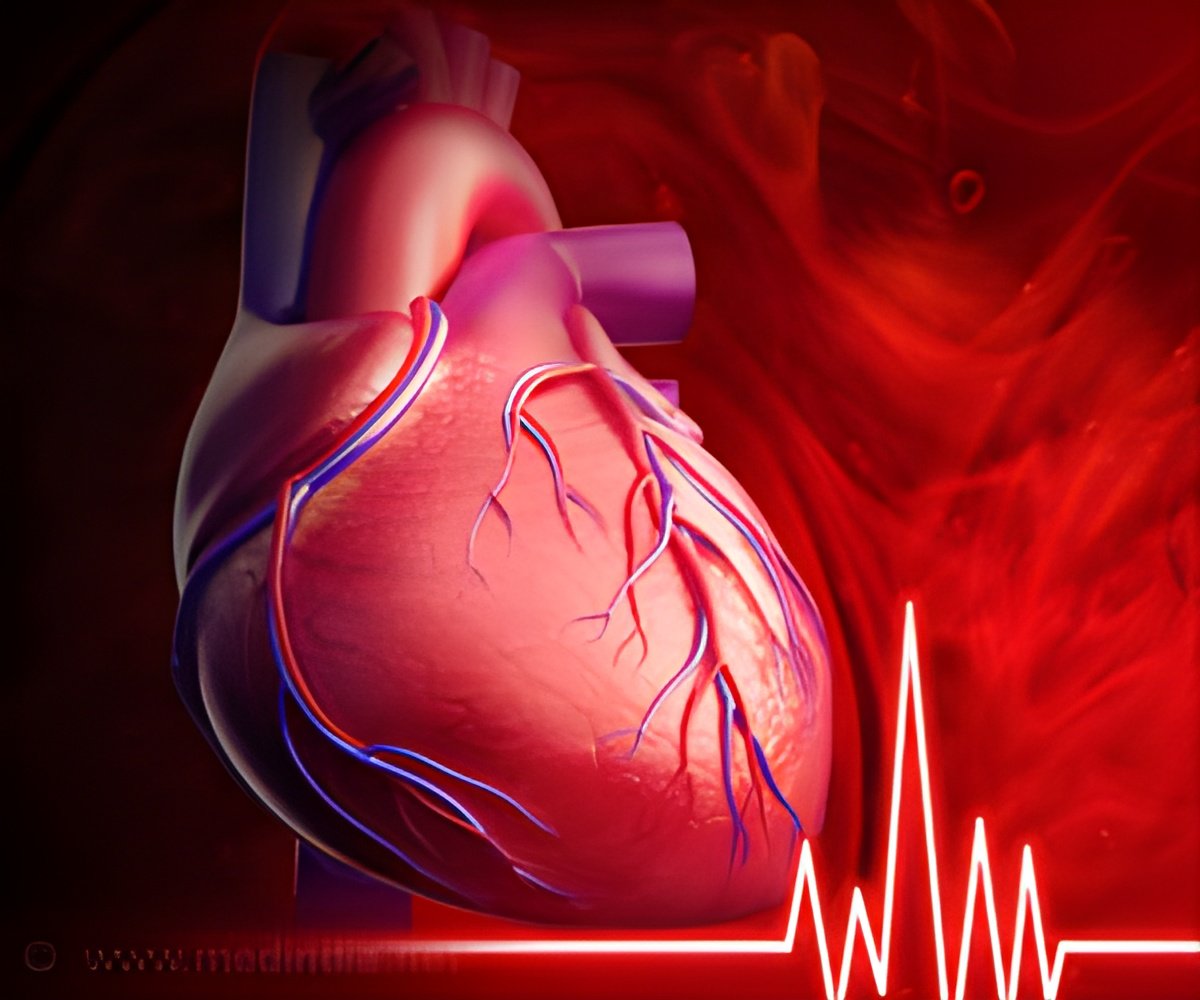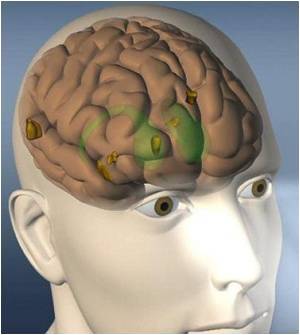Anyone who follows science has read enthusiastic stories about medical breakthroughs that include the standard disclaimer that the results were obtained in mice and might not carry over to humans.

But Igor Efimov, PhD, a biomedical engineer at Washington University in St. Louis who studies the biophysical and physiological mechanisms that underlie heart rhythm disorders, is acutely aware of the failure of once-promising drugs to pass clinical trials.
"The problem is the difference in gene expression between the mouse and the human is very very large," Efimov says.
Mice are the most popular animal model in cardiovascular research in part because it is easy and cheap to create a transgenic mouse, and these mice allow research questions to be asked and answered precisely and quickly.
To avoid the "mouse trap," Efimov has established connections with local institutions that supply his lab with human hearts. The hearts are either diseased ones removed from patients undergoing heart transplants or "non-failing" hearts that have been donated for research but are considered unsuitable for transplantation.
Advertisement









